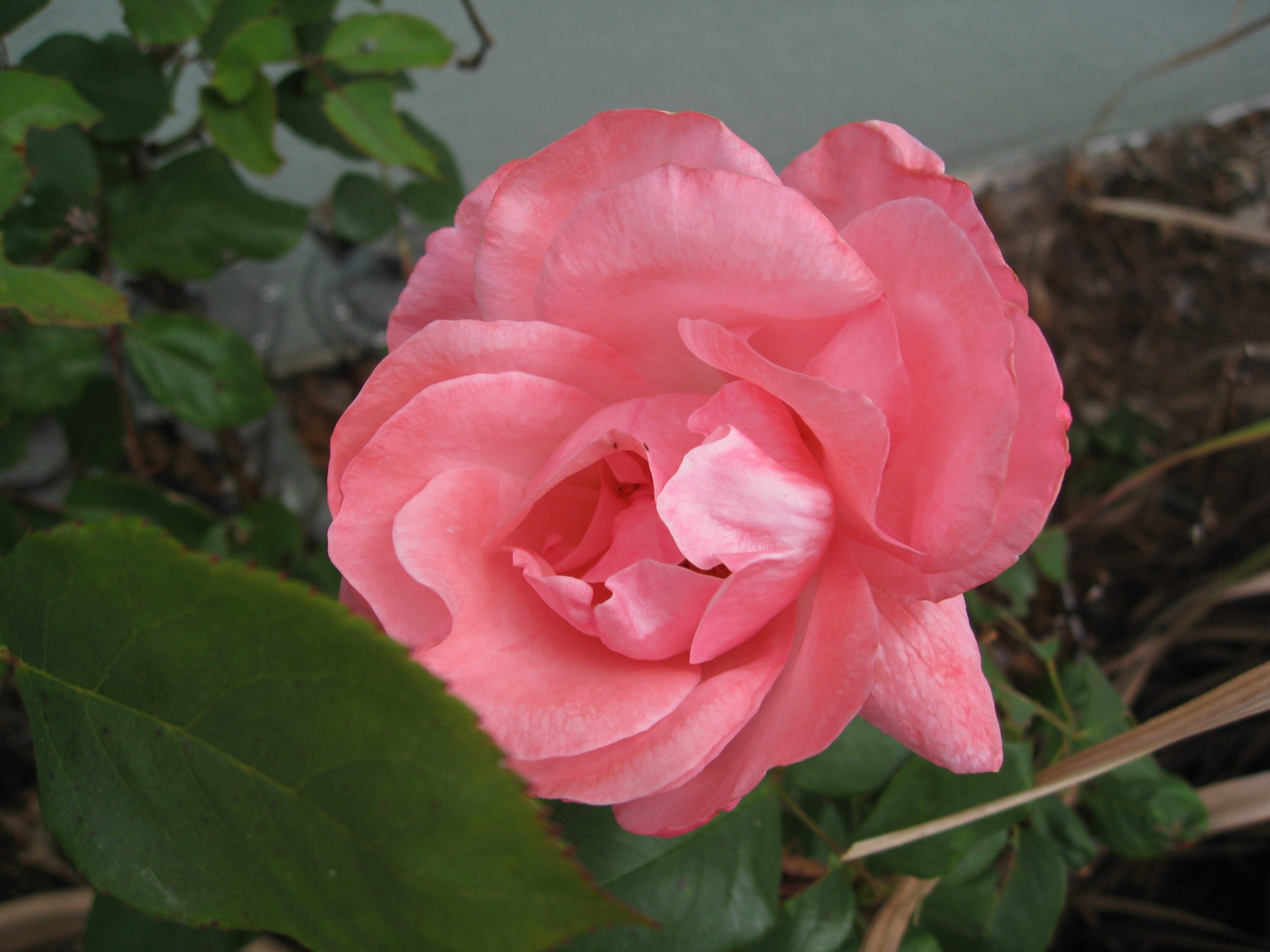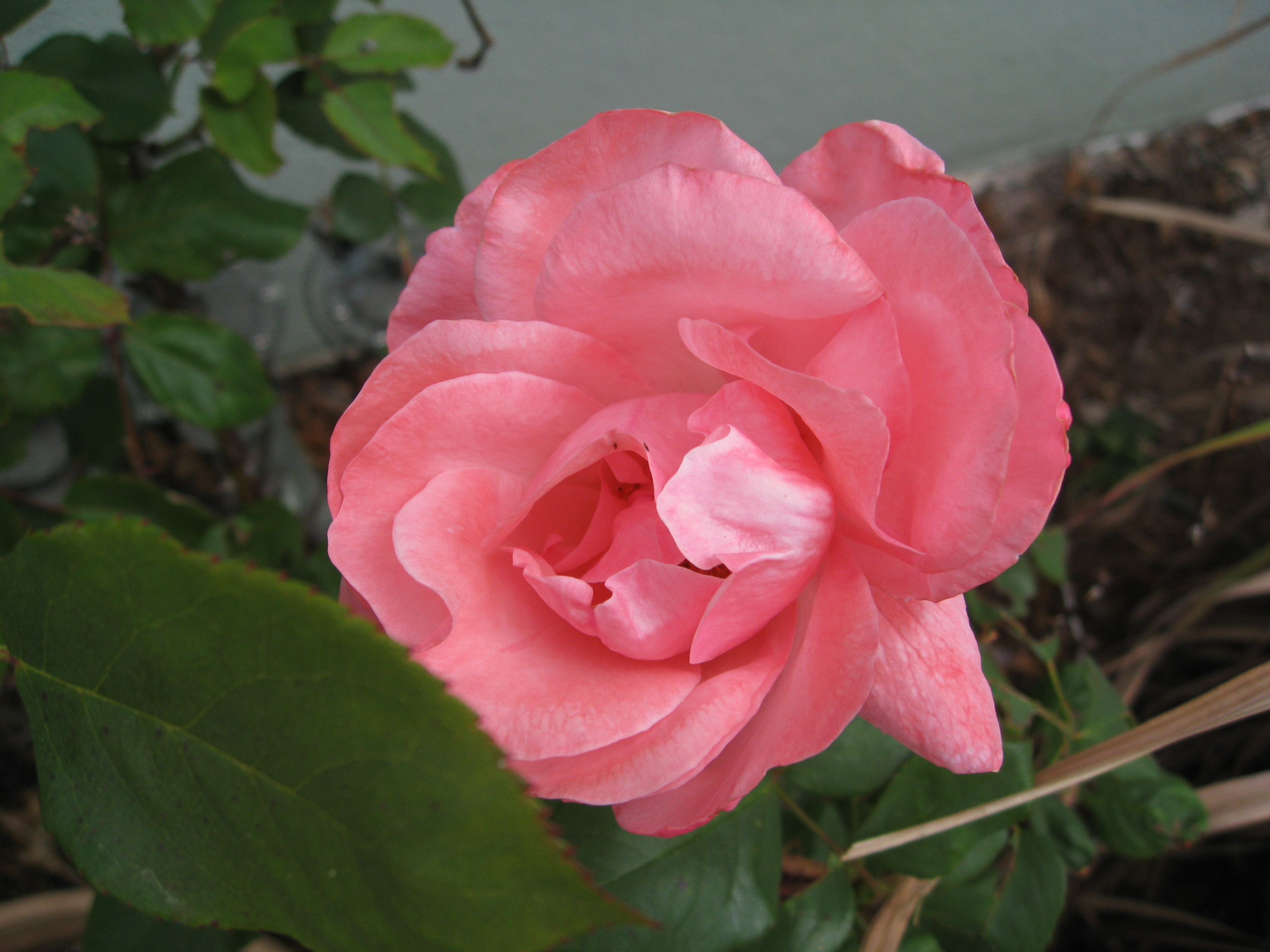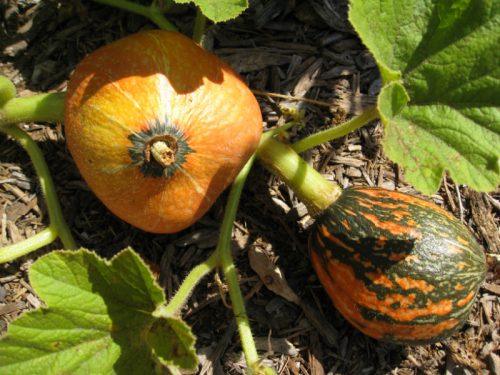A question from Bettina came in to Ask Gardenerd this week about green caterpillars on her roses:
“My rose gets eaten by green caterpillar, I try to pick them off as well as I can but am wondering if there is something I can use that makes the moth stay away? The rose is in a large clay pot.”
Bettina, sorry to hear these pests are eating your roses. What you have is probably Sawfly larvae (which is technically not a caterpillar but the larvae of a fly). Sawflies are recognizable by their resting posture; they curl up into an “s” shape. They also eat the crap out of your rose leaves.
Life cycle
We always look at the life cycle of a critter first in order to diagnose the best way to interrupt it. The sawfly lays eggs both in the soil, inside the leaves, and inside the canes of the rose. In places where winter is severe, sawflies don’t survive. But everywhere else, they emerge once more to cause another year of problems. So…

Prevention
Hand-picking – Bettina, you’re doing the right thing by hand-picking the larvae. Keep doing that. But add on this one thing:
Organic dormant oil – Dormant oils are sprays that coat the surfaces of a plant during dormancy and suffocate whatever is hiding inside. There are organic options available such as Bonide or Monterey. We don’t recommend copper sprays. While they are organic, they are harsh and they kill beneficial pests.
As the name implies, dormant oils are sprayed while roses are dormant, but schedules vary depending on where you read. We suggest spraying in late winter, and again in early spring, right before they start to leaf out. It depends upon where you live. Here in Los Angeles, our roses start leafing out in January, right after we prune them back. It may be different where you live. Check your local nursery for a suggested schedule in your area.
We hope this helps, Bettina. Thanks for writing in.





